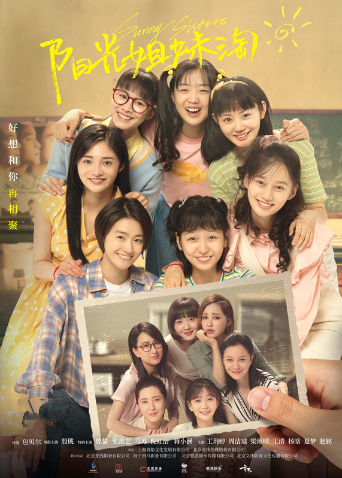亚洲In an underground facility, five scientists wake from cryosleep with no memory of who they are or how long they've been asleep. They soon make a shocking realization: a killer is hunting them down there, and may even be hiding among them.
亚洲欧洲日韩综合中文



